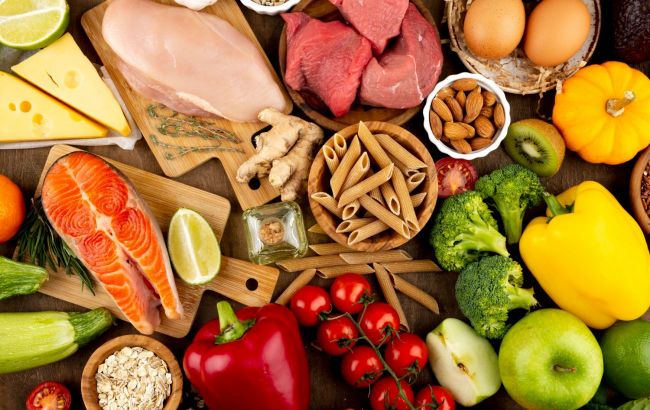4 popular products that harm bones
 Products that harm bones (photo: Freepik)
Products that harm bones (photo: Freepik)
Millions of people worldwide suffer from osteoporosis, a condition that makes bones fragile and prone to fractures even with minor injuries. Research indicates that the development of this ailment is influenced not only by age, as the older a person gets, the more bone mass they lose, but also by their diet—certain products have the ability to leach calcium.
4 popular products that have a detrimental effect on bones, according to the BuzzFeed.
Alcohol
Even a few glasses of beer can have a negative impact on bone health.
"Increased alcohol consumption can alter the body's ability to absorb essential nutrients that are genuinely beneficial for bone health, such as calcium, vitamin D, and magnesium," explained orthopedist Liz Matskin.
She advises not to consume more than one alcoholic beverage per day if you cannot completely abstain from alcohol. Older individuals and those at risk of bone fractures should be particularly cautious.
Moreover, alcohol abuse is often a common cause of falls and bone injuries.
Caffeine
Coffee is not beneficial for bones. In addition to coffee, caffeine is also present in energy drinks, carbonated beverages, tea, dietary supplements, and some other products.
"It has been shown that caffeine increases calcium loss and reduces its absorption, which negatively affects bone health. Consider options for decaffeinated coffee or tea," advised Matskin.
Wheat bran
"Wheat bran has a high level of phytates, which can interfere with calcium absorption," explained the doctor.
Phytates are a type of antinutrients found in plants. Many vegetables, from leafy greens and cabbage to beans and peanuts, contain compounds that reduce the absorption of other nutrients.
Beans, spinach, and beets also contain antinutrients that can decrease calcium absorption, but soaking or cooking reduces their impact.
To reduce the phytate content in wheat bran, it is advisable to soak, sprout, or ferment them.
"There's no need to completely exclude wheat bran from the diet, but understanding that they can affect calcium absorption should encourage adding other calcium-rich foods to the diet," emphasized the orthopedist.
Salt
Salt is associated with high blood pressure, not with bone loss. However, it's advisable not to abuse it, especially for older individuals and those at risk groups, to take care of their bones.
"Pay attention to salt, which may be hidden in meat, snacks, and processed foods such as deli meats. Excessive salt intake (over 2,300 mg per day) can lead to calcium loss from the bones," said Matskin.
A 2018 study in the Journal of the Academy of Nutrition and Dietetics showed that increased sodium consumption significantly raises the risk of osteoporosis.
According to the U.S. Food and Drug Administration, 2,300 mg per day is equivalent to 1 teaspoon of table salt. People often exceed this dosage.
This material is for informational purposes only and should not be used for medical diagnosis or self-treatment. Our goal is to provide readers with accurate information about symptoms, causes, and methods of detecting diseases. RBС-Ukraine is not responsible for any diagnoses that readers may make based on materials from the resource. We do not recommend self-treatment and advise consulting a doctor in case of any health concerns.

